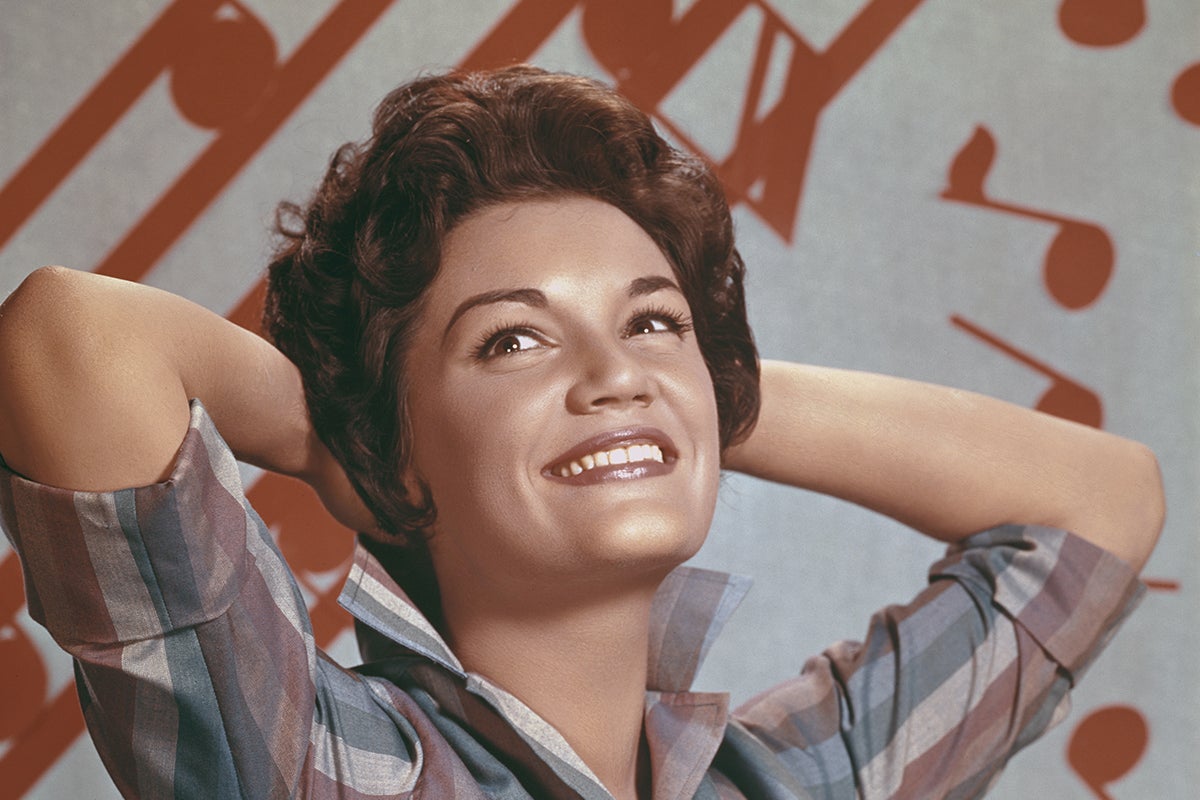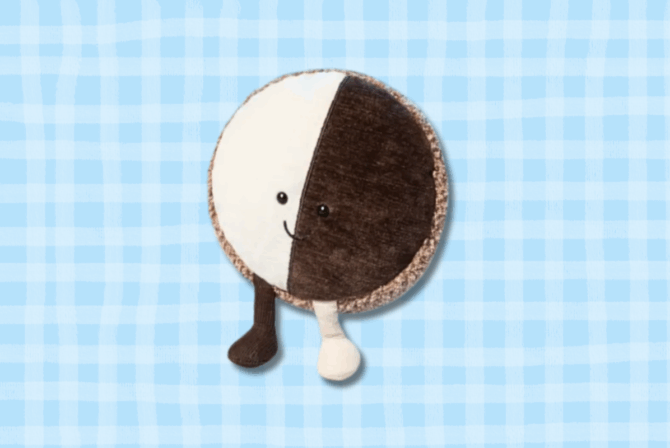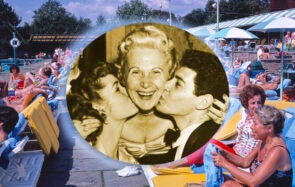I don’t even have TikTok, yet like millions of people around the world, I too have been singing the now-viral “Pretty Little Baby” non-stop for the past month. And so I too was heartbroken to hear that the singer passed away last week at age 87.
Francis was not Jewish, but the Italian-American singer of some of the biggest hits of the ’50s and ’60s, like “Where the Boys Are” and “Who’s Sorry Now,” grew up deeply embedded in Jewish culture and language in Newark, New Jersey.
In an interview for the film “Hava Nagila: The Movie,” Francis said that “Jewish life and tradition and music became a part of my life from the age of 5,” and that she probably knows more Yiddish than “any of the bar mitzvah boys I’ve ever dated.”
In 1960, the singer, who would often perform at the Borscht Belt, that Catskills resort destination frequented by Jews, used that knowledge to record “Connie Francis Sings Jewish Favorites,” a follow-up to her album “Connie Francis Sings Italian Favorites.”
For the album, Francis consulted with a rabbi, Rabbi Goldman, about which songs to record. It starts with the rousing Hebrew song “Tzena, Tzena, Tzena” and ends with a beautifully touching rendition of the Yiddish song “Mom-E-Le,” a moving ode to one’s mother (the album also featured a cover of “My Yiddishe Momme”).
The songs were profoundly nostalgic for Jewish Americans, but also made accessible to more listeners, with English lyrics that helped illuminate the Yiddish and Hebrew.
Of course, the album had to include a version of “Hava Nagila,” which became iconic when Francis performed it on “The Ed Sullivan Show” along with the theme from the movie “Exodus,” saying she wanted to combine a song as serious as the latter with the joyfulness of “Hava Nagila,” the ubiquitous song that makes everyone dance:
While hearing her sing in Hebrew is certainly thrilling, it’s the Yiddish songs that really get to me. Francis knew how to infuse a song with feeling, no matter how saccharine its words are, and hearing her sing songs like “Oifen Pripichek” (On the Hearth) and “Ikh Hob Dikh Tsu Fil Lib” (I Love You Too Much), you feel her get at the very heart of their meaning, infusing them with longing and nostalgia.
Francis’ renditions of the songs felt so natural and filled with Yiddishkeit that once, when sitting at the Concord Hotel in the Borscht Belt, her mother overheard women whisper to each other that Francis was actually secretly Jewish. “I’m 10% Jewish on my manager’s side,” Francis joked in the “Hava Nagila” documentary, acknowledging that through her album, she became, to some Jewish Americans, a member of the extended family.
It’s only appropriate then that Jewish actress Gracie Lawrence was recently nominated for a Tony for playing Francis in the Bobby Darin musical “Just In Time.”
Francis would often close her shows with “Hava Nagila,” that song that’s part of almost every Jewish celebration. Hebrew for “Let Us Rejoice,” it’s a reminder that while her life was full of difficult experiences, it was also, as she herself said, “a joy, in spite of everything.”
Listening to Connie Francis sing Jewish songs most certainly is a joy. May her memory be for a blessing.








